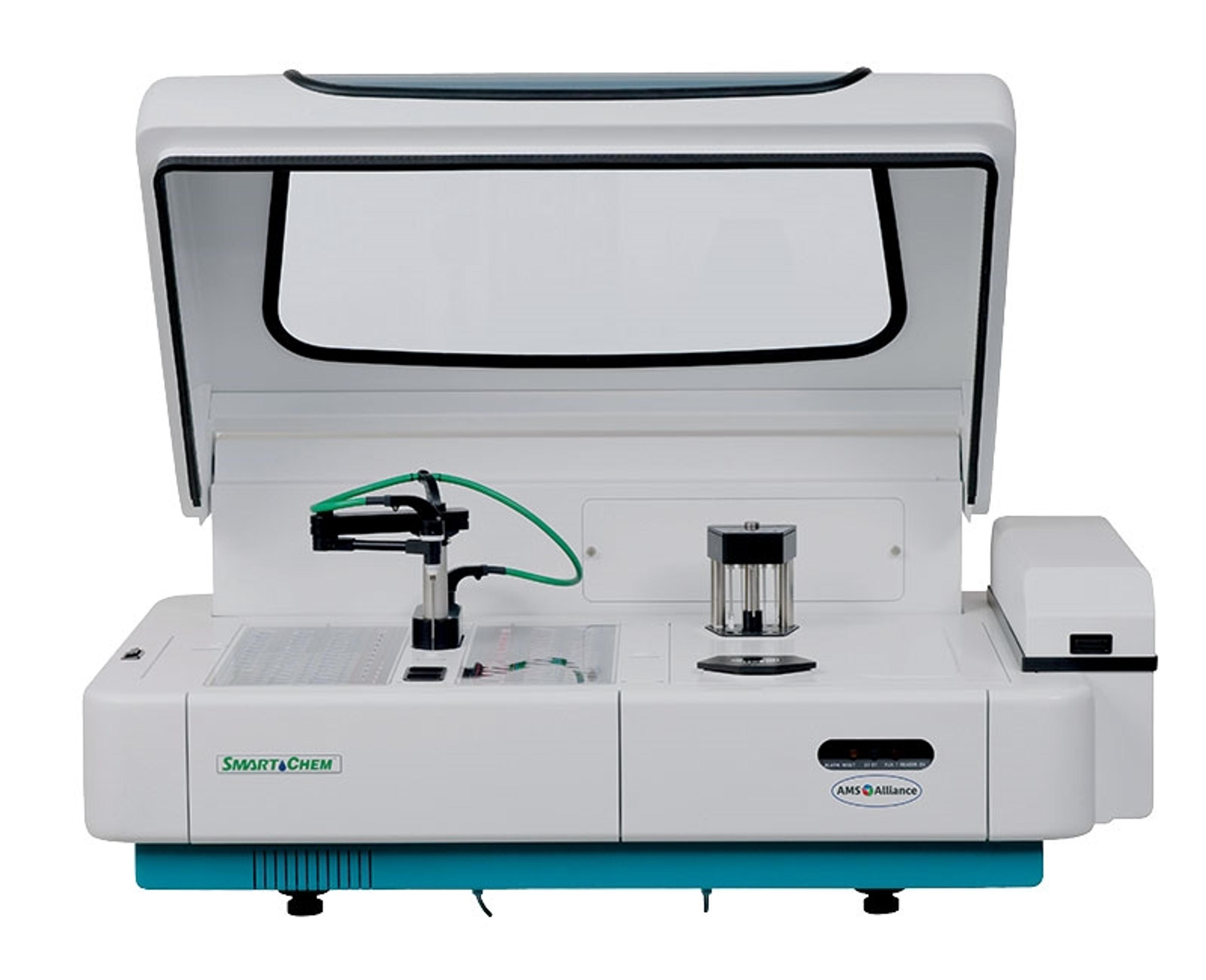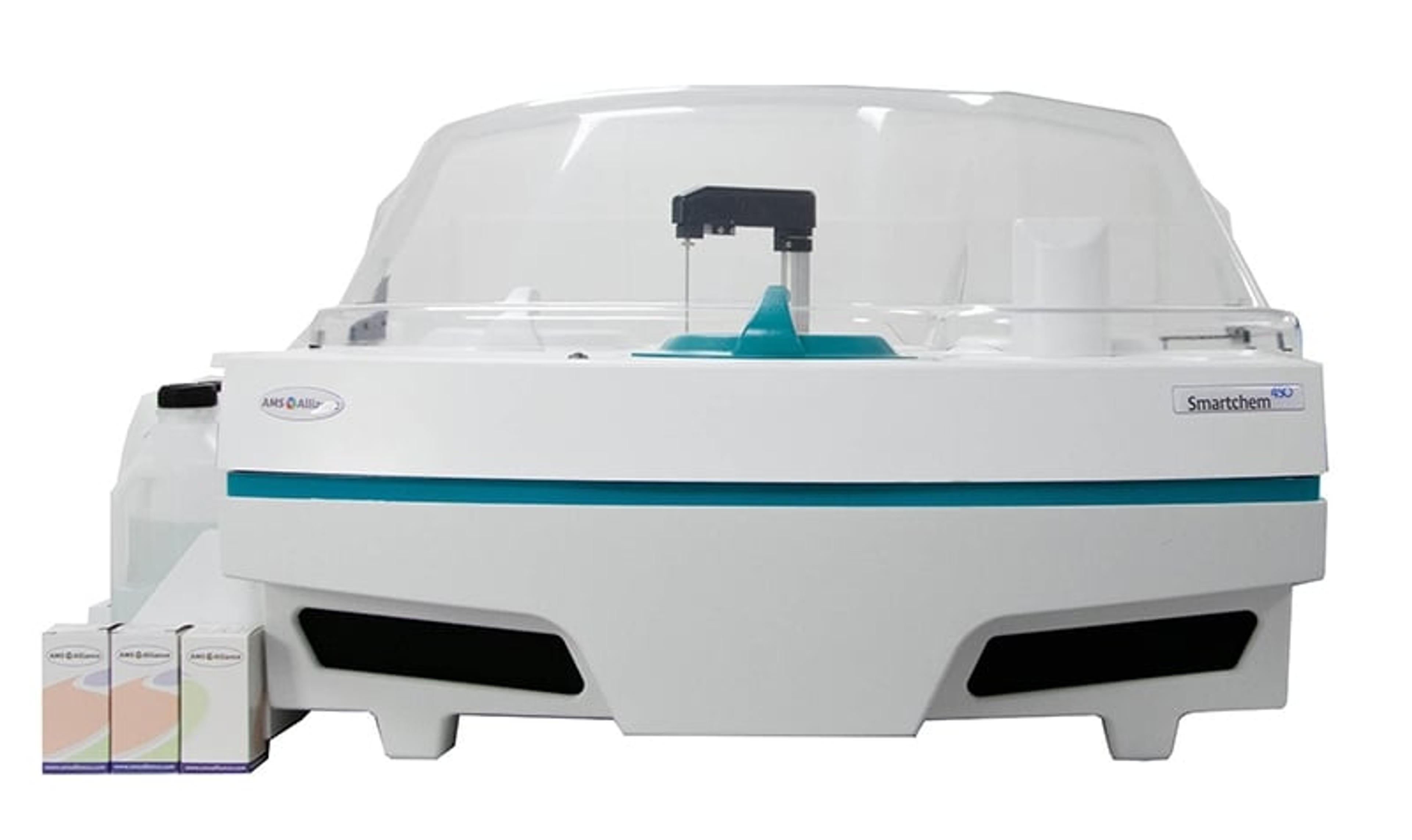How scientists are looking after their local community
Experts at Lake County Health Department reveal how they are providing safe drinking water to local residents and reveal the powerful tool that is transforming how they analyze complex water samples to deliver quality water to all
15 Nov 2023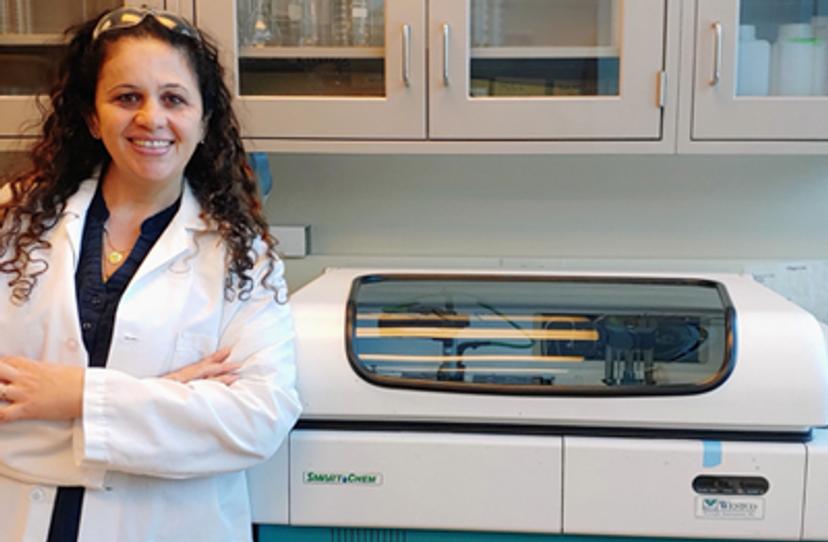
According to the World Health Organization (WHO), safe and readily available water is vital for public health, whether the water is used for drinking, domestic use, food production or recreational purposes. We all rely on the provision of safe drinking water, and we often assume that the water we are drinking daily is safe for human consumption. Unfortunately, contaminated water is a global problem, which has led to the transmission of many harmful (and preventable) diseases and mortality.
In this exclusive SelectScience interview, we speak with Sophia Carreon, Laboratory Analyst, and Monica Bofani, Lab Manager at the Lake County Health Department, to find out more about how they are providing safe water to the residents of Lake County. The experts explore the importance of safe drinking water, reveal their current lab challenges, and introduce the small, yet powerful analytical tool that has now taken up permanent residence in their lab – the AMS Alliance SmartChem® automated discrete analyzer from KPM Analytics.
Plus, Bofani and Carreon also share their hopes for the future, and explain how they aim to deliver exceptional customer service, and make a lasting and positive impact to the local residents of Lake County and beyond.
Delivering safe drinking water to all
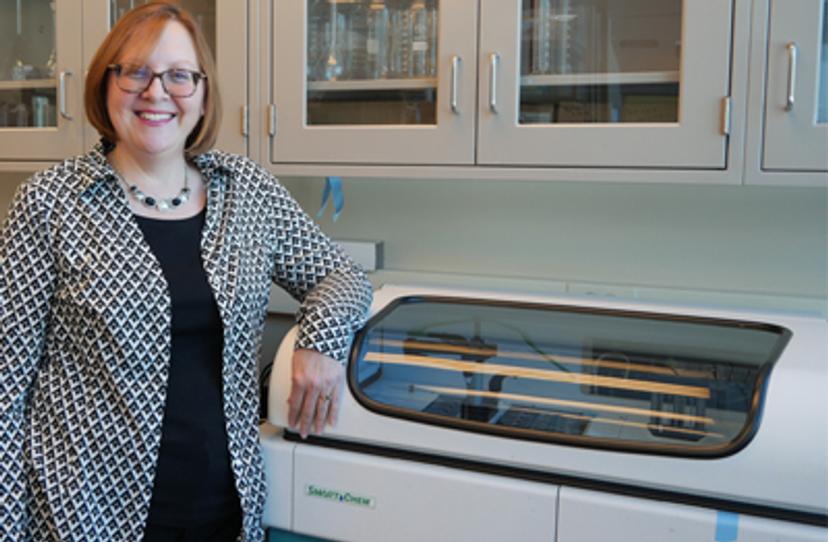
Lake County Health Department is working hard to ensure the citizens of Lake County are provided with safe drinking water. Carreon begins by explaining, “I'm a laboratory analyst. My role is to analyze local well water samples of the county, as well as sewage water plant samples for various analyses - such as biological, bacterial, and all chemistry metals testing.”
Working alongside Carreon is Monica Bofani, her supervisor who serves as lab manager at the department, “within our department, we have several programs that we are involved in. We have a ‘noncommunity water supply program’, where we monitor 425 drinking water supplies that are considered ‘noncommunity water supplies’ by IDPH – the Illinois Department of Public Health. These water supplies are traditionally associated with businesses, churches, or even mobile home parks,” says Bofani. In addition to this, Lake Country Health Department also have a ‘solid waste department’, which is dedicated to monitoring the drinking water wells of people who live around landfills.
“For over 20 years, we have monitored various chemical analytes to see if there are any fluctuations in the numbers that we're generating over time. A stable reading means that there has been no breach of the landfill liners into the ground, which would impact the water wells, and the people living around them,” explains Bofani.
Lake Country Health Department also runs an ‘ecological services department’, which functions to monitor water quality. “Every year, the department picks approximately fifteen lakes to monitor. So, they go out in May and through October to monitor the water quality of these lakes, to see if there's any change from year to year, or even throughout the season,” explains Bofani.
Promoting optimal health with safe drinking water
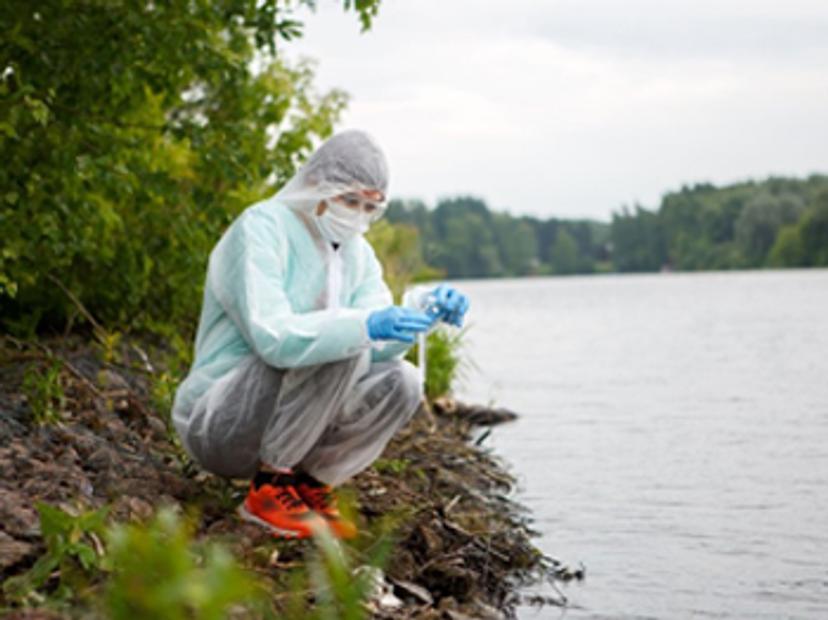
Safe and readily available water is important for public health. We all know that consuming enough water on a daily basis is essential for our health, but it is also vital that we know the water we drink is safe and free from contamination. Contaminated water is strongly linked with disease transmission, including cholera, hepatitis A, and polio, to name a few. Poor drinking water will inevitably expose individuals to many health risks that are preventable by simply accessing and drinking safe water.
“Promoting safe drinking water is important. We often get calls from residients in the county telling us their water quality has changed and now has an odor, or color, or has turbidity. They’re very concerned that the quality of the water can affect their health,” explains Carreon. As society has become more ‘health focused’, more people have become aware of the dangers associated with unsafe food and water, and are now starting to take the necessary action to protect themselves from potential dangers.
It comes down to health equity. Everyone, regardless of where they live, is entitled to have clean water that is free from pathogens and toxins. Without clean water, you can suffer catastrophic health consequences.
Monica Bofani, Lake County Health Department
There is a national groundwater awareness campaign that happens in March, “During this time of year, the Health Department will reduce rates so that residents can collect a bottle kit to have their own water tested. In general we have around 12% of samples that tested positive for Total coliform, so it shows how important testing is,” says Bofani.
Despite conducting such impactful and complex tests for their residents, the expert team at Lake Country Health Department still have many of their own analytical challenges to overcome. In order to overcome these setbacks, the team require specialized tools to help them analyze the high level of samples that enter their lab on a daily basis. The SmartChem® Discrete Analyzer from KPM Analytics is a wet chemistry platform designed for automated photometric and electrochemical analysis, developed to optimize laboratory operations in regard to running samples, calibrations, and standards.
“Fortunately, the SmartChem has enabled the team to analyze complex water samples,” explains Carreon. We use SmartChem to test for sulfate, total phosphorus, nitrate, nitrite, ammonia, and total Kjeldahl nitrogen. When asked directly about how the SmartChem instrument has helped their lab processes, Carreon shares, “SmartChem works really well with challenging water.
Bofani is also a huge fan of the SmartChem instrument, which has now taken up permanent residence in her lab, “SmartChem is a total workhorse. There can be a lot of interferences in a water sample. The chemistry behind the SmartChem methodology has accounted for some of these issues and accounts for those interferences. We've put thousands of samples through our instrument, from drinking water to waste water.
We use SmartChem to test for sulfate, total phosphorus, nitrate, nitrite, ammonia, and total Kjeldahl nitrogen.
Sophia Carreon, Lake County Health Department
Another factor that can be particularly challenging for the team at Lake County Health Department is the level of uncertainty they experience on a daily basis, with no two days being the same. “The SmartChem helps us manage our unpredictable workload because it has the capacity,” shares Bofani. The SmartChem allows the team to simply adjust for the workflow that will come in on a given day.
“There is also an option where you can add a sample throughout a run - so if you are midstream in setting up an analysis and I walk into the lab with six more nitrates to run, we can simply add those in without waiting for the instrument to stop,” says Bofani. There is no doubt that the SmartChem instrument has become an invaluable tool within their lab, and is certainly helping the team at Lake County Health Department promote safe and healthy water to their local community.
Delivering excellent customer service with safe drinking water
The SmartChem is a total workhorse.
Monica Bofani, Lake County Health Department
The team at Lake County Health Department are not only impressed with the SmartChem instrument, but KPM Analytics as a whole. “The company keeps open communication with the Illinois EPA for us, and therefore, they do a lot of the legwork. They make sure that they have already looked at the regulations we require here in Illinois, even before we had the instrument. The SmartChem came ready with the methodologies that the Illinois Environmental Protection Agency requires,” explains Carreon. This is particularly important, as the team must ensure they meet many strict regulations in order to work safely. “We are EPA certified, and we are also NELAC certified for nitrate, nitrite and total phosphorus,” explains Carreon. NELAC is the National Environmental Laboratory Accreditation Program, a voluntary program to develop national standards for environmental laboratory accreditation.
Bofani is also impressed with the level of service she has experienced. The staff are very literate in chemistry, not just the hardware, and they know all about the chemicals that run through the system. For example, if you're working with someone who just has knowledge about the hardware and software, but you have a technical question about the chemistry, that really doesn't help. Yet, when you have someone who knows the chemistry, then you can troubleshoot between the chemistry and the hardware, that is gold,” explains Bofani.
Future outlooks
Looking ahead to the future, Carreon and Bofani have many plans to help improve their services and promote safe drinking water to the residents of Lake County. “Our hopes for the future are that we will continue to grow and offer more services to our customers and to the residents of Lake County, by continuing to provide valuable services to them and simply doing things that are important,” shares Bofani. “It’s not necessarily to do 100 more things, but if there are 5 more tests that we can add on that are of value to our client base, that's important to us,” explains Bofani. Carreon also shares, “I hope we are able to buy more instruments that are like the SmartChem instrument!”
Speaking directly about how their service sets them apart from the rest, Bofani states, “what we do differently from other labs is our customer service. If we ever have a result that is over the maximum contaminant level (MCL), one of our water well specialists will call the client, let them know of their results, and offer guidance.” Bofani concludes by saying, “We aim to carry on the mission that my predecessor instilled in me, which is to continue to provide quality services to our Lake County residents.”

